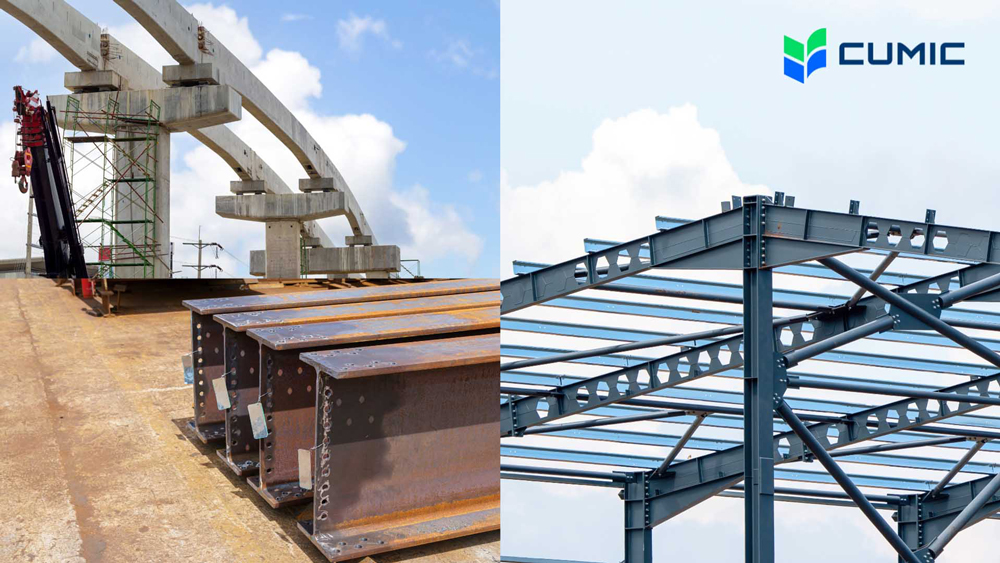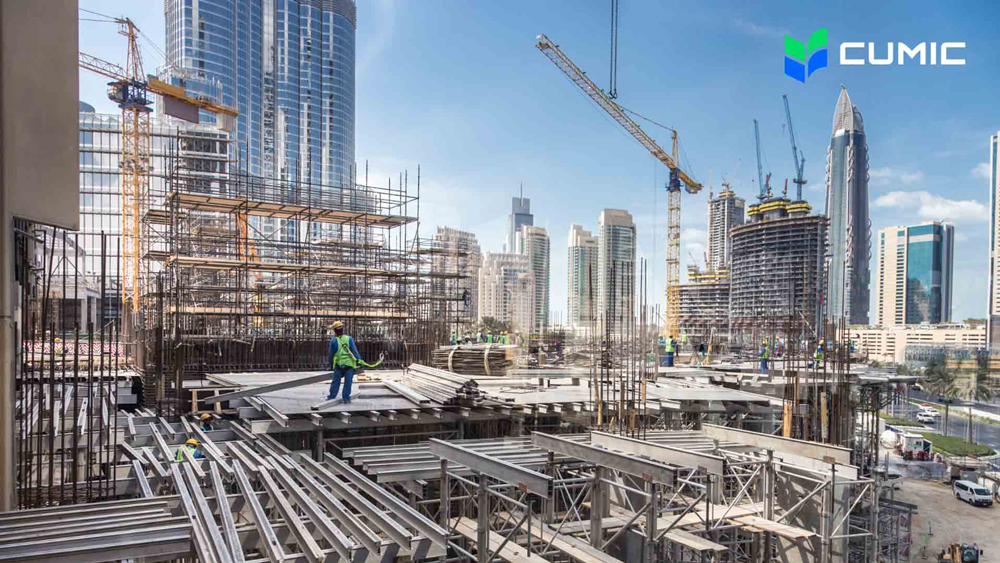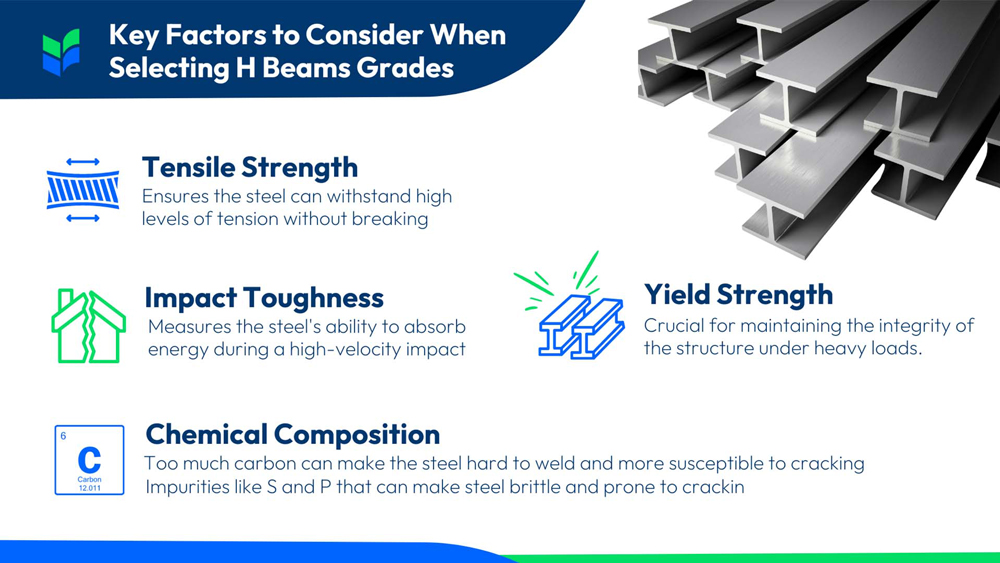Modern construction relies on a powerful trio: timber, concrete, and steel. Among them, H-beams, with their distinctive "H" shape, stand out. These continuously rolled steel beams, unlike older welded versions, are stronger, cheaper, and faster to produce. Adjustable rollers create various sizes, optimizing mass production and construction efficiency.
At the beginning of the 20th century, countries worldwide began constructing H beam production lines due to technological advancements. The first H beam was developed in 1902 at the Ironton Structural Steel Company and later produced by Bethlehem Steel. H beams made skeletal construction highly efficient. Today, H beams remain a cornerstone of industrialized building practices, symbolizing strength and innovative construction.
H-beams offer several advantages for steel structures, including reduced weight, faster construction times, ease of connection, and energy efficiency. These benefits extend beyond efficiency. H-beams excel in diverse applications:

Bridge Building: Key structural components in bridges, H-beams provide the necessary strength and stability to handle heavy traffic loads for years to come.
Building Frameworks: H-beams are the backbone of high-rise buildings, commercial spaces, and industrial plants. They ensure seismic resistance and superior load-bearing capacity, keeping structures safe and secure.
Transportation Infrastructure: From railway tracks to subway tunnel supports and airport facilities, H-beams are the go-to choice for their robustness and stability, ensuring the smooth flow of people and goods.
Hydraulic Engineering: Even hydraulic engineering utilizes H-beams! They play a crucial role in constructing sluices and levees, effectively resisting the impact and erosion of water flow.
These applications highlight the versatility and crucial role of structural steel in infrastructure construction, enhancing safety, durability, and optimizing construction efficiency and cost.
Explore CUMIC's H-Beam Project Stories:
Civil engineering like Drainage Improvement Project, Bored Tunnel Project, Public Infrastructure like Educational Building construction, Industrial Facilities like Wafer Fab Facility.
H-Beams: A Window into a Nation's Economy
Trends in structural steel production and sales offer insights into a nation's economic health and developmental priorities. These trends often correlate with government spending on infrastructure, urbanization rates, and industrial growth.
For example, China produces 21.97 million tons of large steel sections. In developed countries, structural steel is a substantial proportion of total crude steel production. In the United States, steel structures account for approximately 40% of total crude steel output, while in Japan, this proportion reaches around 71%.

Selecting the Right H-Beam for Your Project
Understanding the standards for H-beams is fundamental in selecting the right material. ASTM A6/A6M (American Standard), BS 4-1 (British Standard), DIN 1025-2/3/4/5 (German Standards), СТО АСЧМ 20-93 (Russian Standard), AS/NZS 3679.1 (Australian/New Zealand Standard), GB/T 11263 (Chinese National Standard), and JIS G 3192 (Japanese Standard) ensure that structural steel products meet specific quality and dimensional requirements, facilitating their reliable use in construction and infrastructure projects worldwide.
Beams used in load-bearing applications must meet several critical performance guarantees: tensile strength, elongation, and yield strength. Additionally, compliance with acceptable levels of sulfur and phosphorus content is essential. For welded structures, it is also crucial to ensure carbon content is within specified limits and to meet requirements for cold bending and impact toughness.

In structures that undergo fatigue analysis and seismic requirements, the steel beams must exhibit adequate impact toughness to withstand dynamic and cyclic loads. Ensuring these properties means that the steel can perform reliably under various stress conditions, providing safety and durability in structural applications.
At CUMIC, your satisfaction is our top priority. With over 18 years of extensive experience, we have successfully assisted numerous customers in completing their project supplies. Our team of experts is dedicated to providing personalized pre-sales technical support tailored to your specific requirements.
Benefit from our collaboration with excellent steel mills. We offer the most immediate production schedules and pricing, seamlessly aligning with your project plans. We provide steel beams that meet American, European, and Chinese standards, with factory quality assurance and third-party inspections as per customer requirements.
Contact us today at cumic@cumic.com for a customized quotation that meets the unique needs of your project! Stay updated by following us on LinkedIn and Facebook
